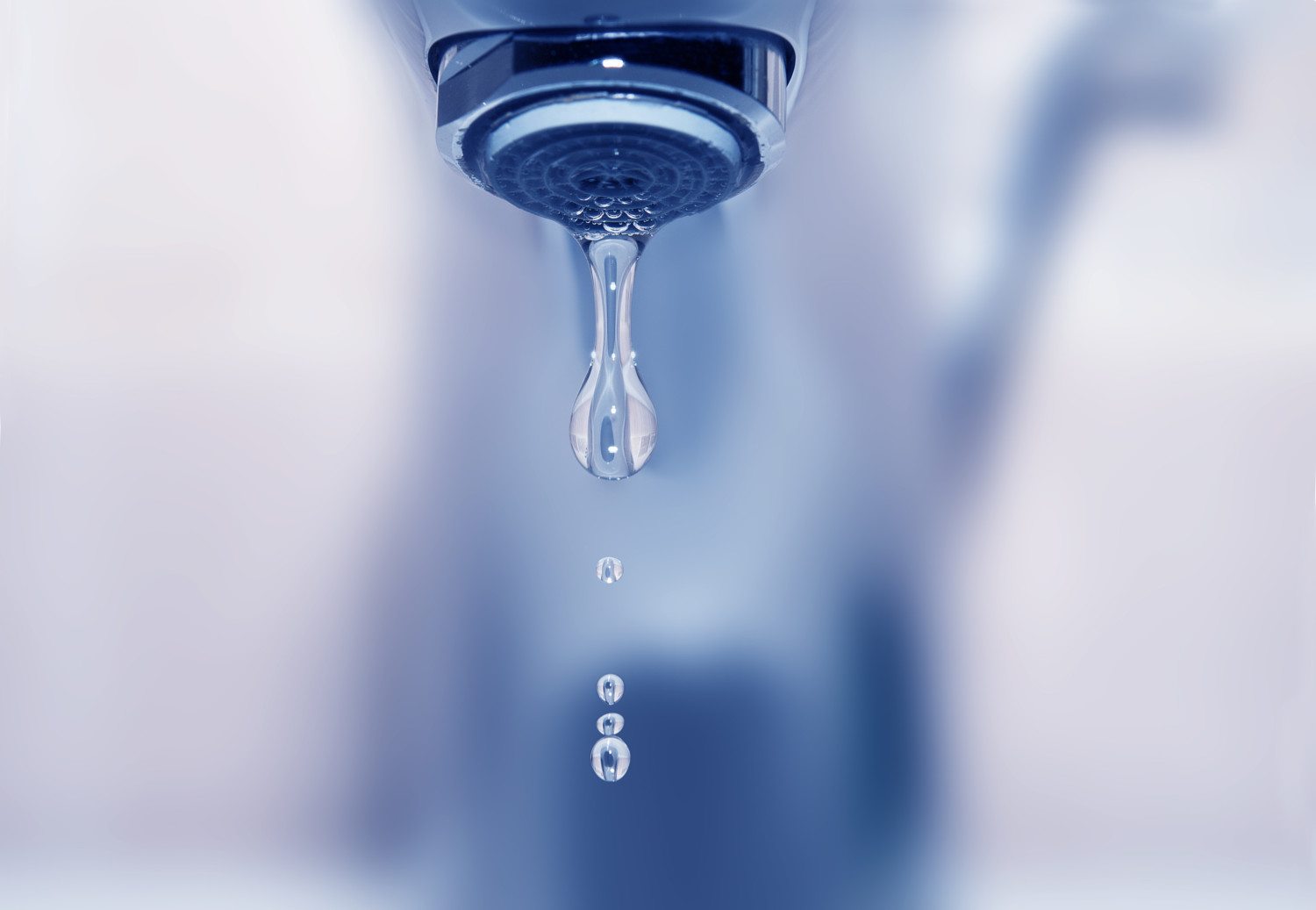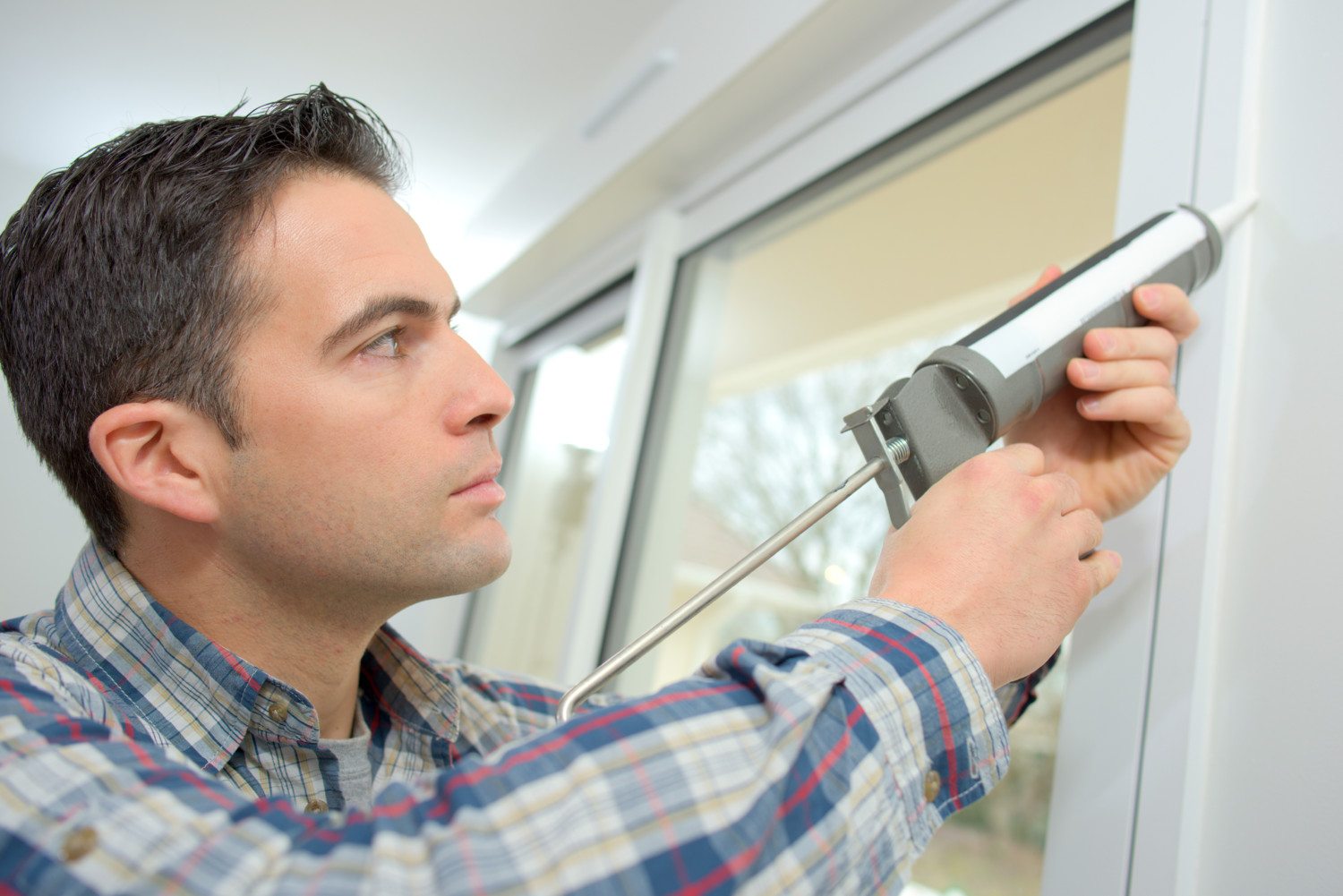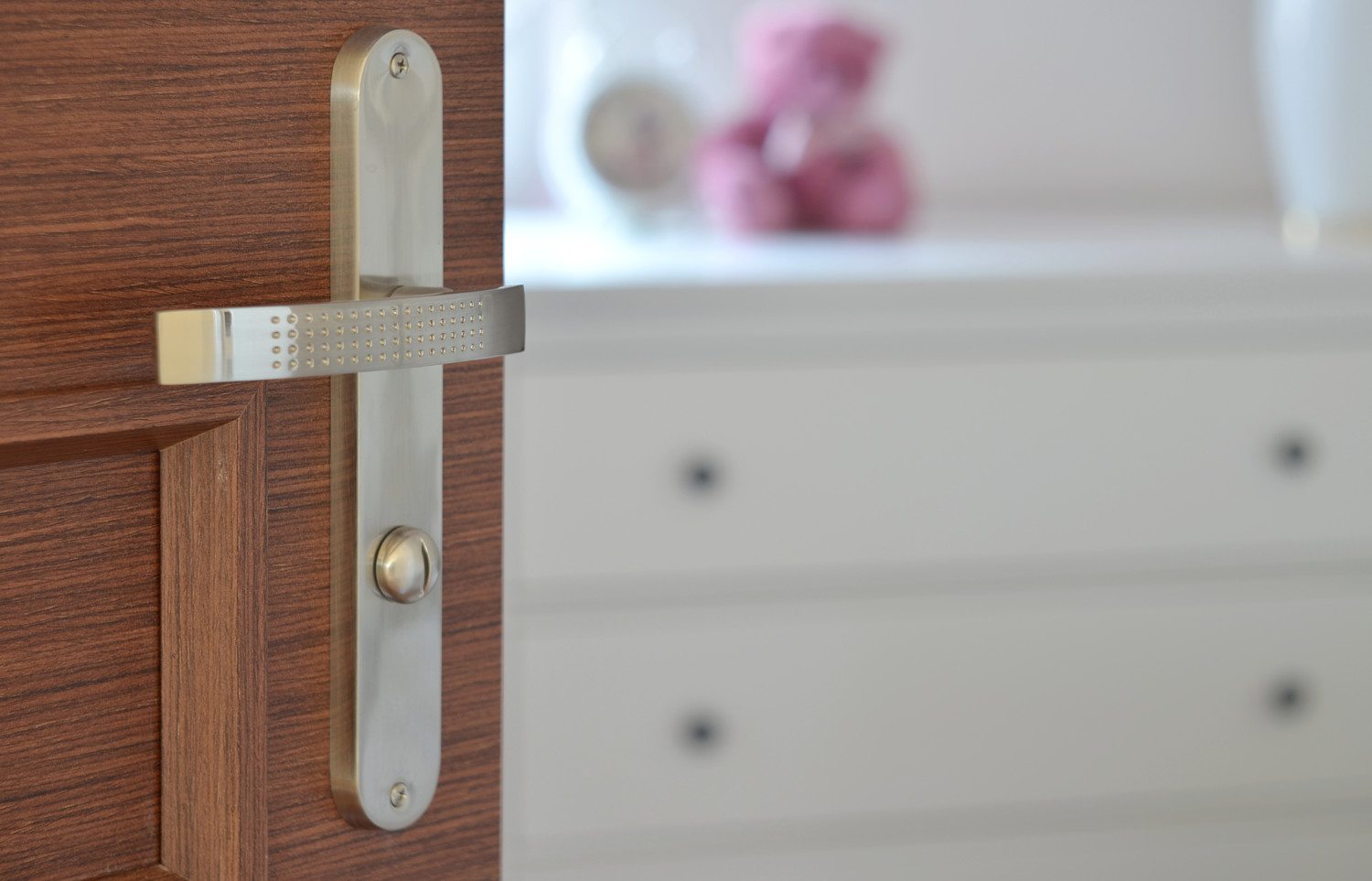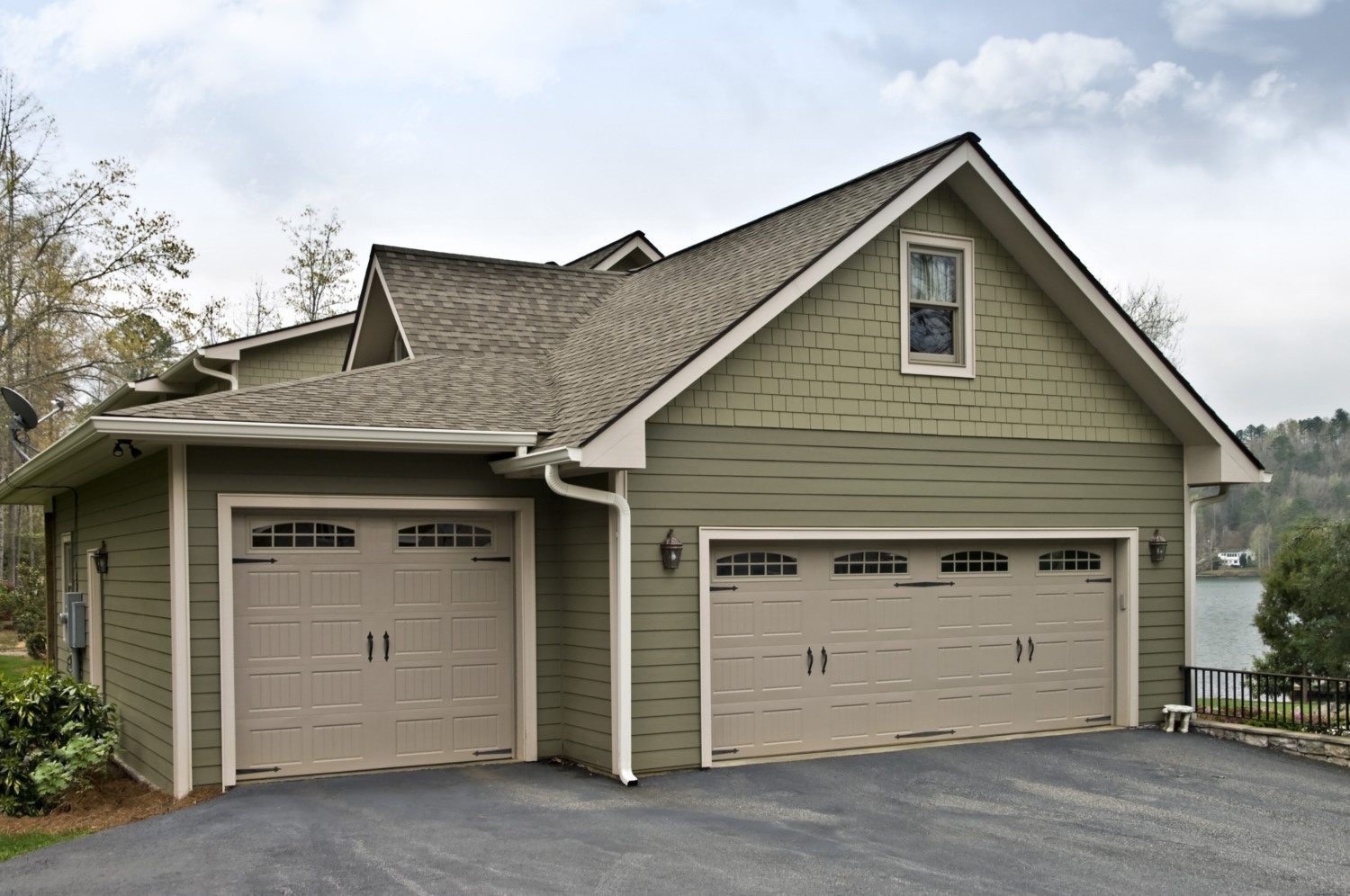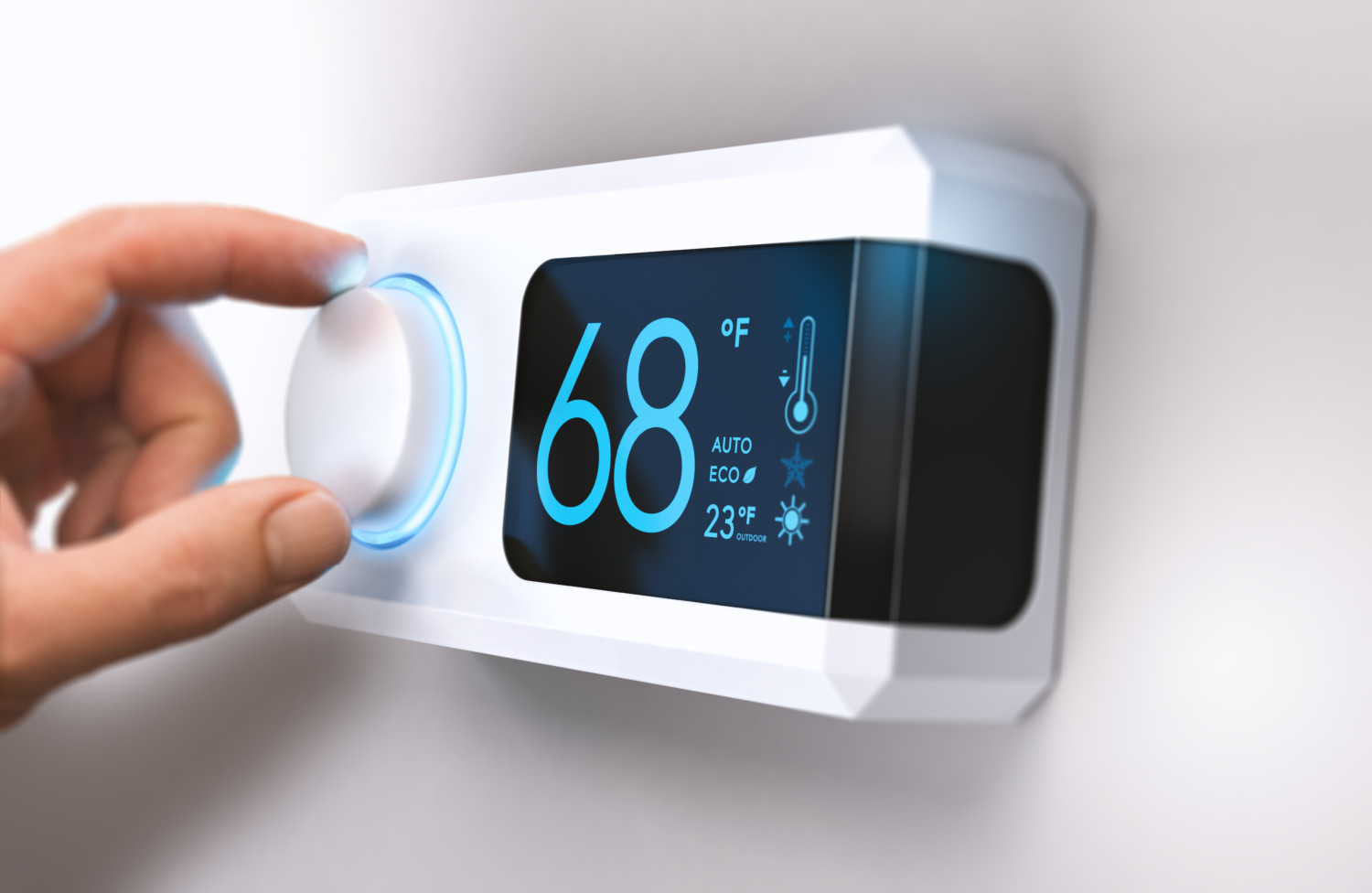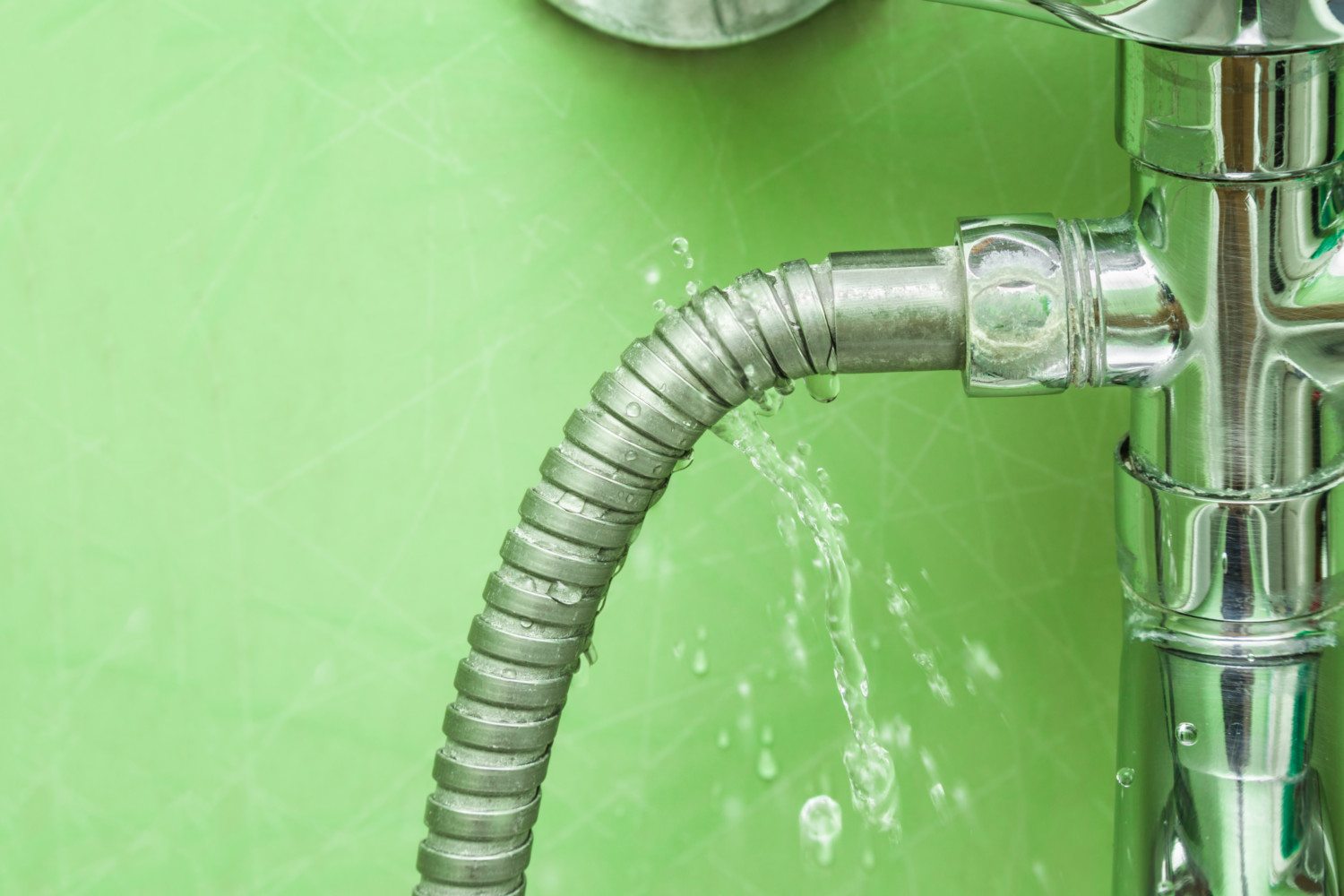7 tips to prevent your pipes from bursting this winter

- December 13, 2017 |Last updated on 02/03/2022
As the winter months bring snow and cold to many people, many of us are scrambling to pull out the warm sweaters, get firewood and have our furnaces checked. But there’s one task many of us overlook during our preparations for the long winter months: the winterization of our water pipes.
Even for those of us who live in warmer climates, we shouldn’t neglect making these necessary preparations for colder weather. As we’ve seen already this month, even residents in the typically warm southern states can get cold snaps and even snow! These homes need protection, too, because the pipes aren’t used to colder temperatures.
Why Pipes Freeze
How do pipes freeze? When it gets cold, the accumulated water inside the pipes freezes, expands and creates extreme pressure. Eventually, the ice creates enough pressure to cause the pipes to crack. And, that’s where the problems really begin. According to State Farm, a one-eighth-of-an-inch crack in a pipe can release up to 250 gallons of water a day! That amount of water can cause major structural and property damage.
What can you do to prevent frozen and burst pipes in your home? Here are seven tips to keep your pipes protected during the winter chill:
1. Make Sure Pipes Are Insulated
Exposed pipes are prone to freezing, even in warmer climates. There are a variety of ways to keep those pipes snug as a bug in a rug. One way is to add insulation to pipes around the home. Pretty much any home improvement center has foam insulation available for purchase. Simply wrap the foam around the pipe to keep it protected from the cold temperatures.
Other options to keep your pipes warm include wrapping them with heat tape or using thermostatically controlled heat cables. Make sure you use products approved by Underwriters Laboratories Inc. (UL) to ensure top quality and safety standards.
Need some help with getting those pipes insulated? Check out this classic video from “This Old House” for some tips and tricks.
2. Let Your Faucet Drip
Most people see a dripping faucet as an issue that needs to be fixed. However, during the winter months, it’s actually good to allow your faucet to drip just a little bit. A little bit of water flow keeps pressure low in the pipes. Low pressure, means less of a chance of those pipes bursting!
3. Seal Up Cracks and Leaks
Caulk should be your best friend this time of year. You want to keep out as much of the cold air as possible. Do a careful inspection of your house to determine if there are any air leaks. Places to look include near dryer vents, windows, electrical wiring and, of course, the pipes.
Once you find them, a standard caulk gun and caulk should do the trick in sealing up those leaks and keeping out the chill.
4. Open Those Doors
Whether you’re home or out of town, the American Red Cross recommends keeping the interior doors of your house open. This allows the heat to move through the house more efficiently. This also helps the heat reach closer to the pipes, reducing the risk of them freezing.
5. But Keep The Garage Door Closed
While you want to keep those interior doors open to allow for free heat flow throughout the house, you should keep your garage door closed. This is especially true if you have pipes running through the garage. Again, you want to keep the cold air off your walls and pipes as much as possible. Shutting the garage door can help give you an extra layer of protection.
6. Watch That Thermostat
If you’re heading out of town, make sure to keep your heat set to no lower than 50 degrees Fahrenheit. Yes, it’s hard to think about paying to keep the heat on while you’re not home. However, you’ll save money in the long run by keeping your house warmer and avoiding burst pipes. Water damage costs thousands to repair. And that’s a lot more than the few dollars extra it might cost on your heating bill.
7. Disconnect/Shut Off The Water
Another tip if you’re going to out of town for a while: Consider shutting off your main water line and draining your water system. This will leave your pipes empty in the house, so no water can freeze inside of them to cause a rupture.
Though as State Farm points out, if you have a fire protection system, this may not be a good option. Shutting off the water main means your fire system won’t work.
If shutting down your water main doesn’t seem like a good option, at least disconnect all of those exterior water hoses. Water in those hoses can freeze and back up into your home.


